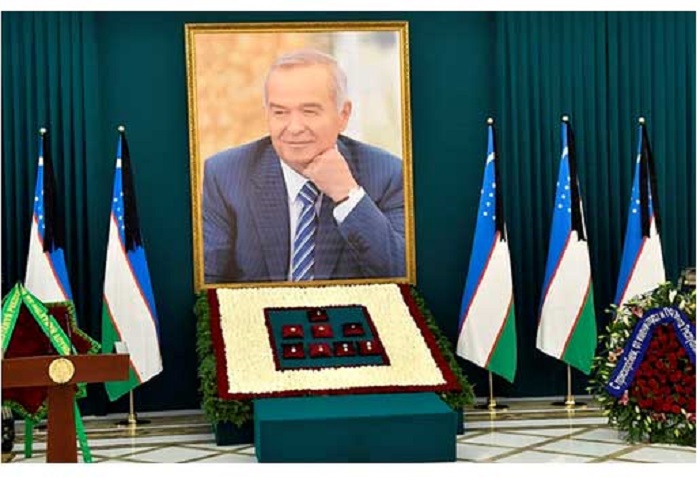Alwaght- Following death of Islam Karimov, the authoritarian president of Uzbekistan, and end of his 25-year rule over the country, a new page of political developments has been opened to the people and elites of the country.
His death raised a question: who will be next president of Uzbekistan and what his/her foreign policy will look like? Additionally, the foreign players that hold sway in Uzbekistan are watching the developments closely in the country. In general, it appears that the influential foreign sides in Uzbekistan are Russia, China, and to some degree the US.
Each of these countries holds its own interests in the Central Asian state. The Russians are interested to still have the former Soviet Union republic inside the security area that they are leading and not to shift to a country under the Western influence. Meanwhile, the Chinese seek deepening their economic influence in this country. They especially want to make massive investments in the Uzbek energy sector. With a consideration of the 30 million population of Uzbekistan, the country can present a good market for the Chinese products in Central Asia. At the same time, the Americans are seeking getting the country away from Russia as much as possible. Washington reportedly seek to raise to power pro-Western elites in the country to secure its interests both in Uzbekistan and the Central Asian region.
The Central Election Commission of Republic of Uzbekistan has stated that so far two candidates were presented for the post. One of them is Shavkat Mirziyoyev who is presented by the Uzbekistan Liberal Democratic Party which during the past years has been ruling the country. Since 2003, Mirziyoyev has been prime minister of Uzbekistan. He seems to have the biggest chance to become president of the country. There have been expectations that successor of Karimov will be from his insiders and elites inside his power circle. That is why, the Uzbek parliament immediately after the president Karimov's death announced him the acting president of Uzbekistan. This comes while according to the constitution in such cases the speaker of the parliament must head the interim government.
Another candidate is Sarvar Otamuratov who was announced candidate by Democratic Party of Uzbekistan. Still there are no very clear and comprehensive information about the foreign policy tendencies of the two candidates, because in the closed political system of Uzbekistan Islam Karimov drew the foreign policy pathways and at the same time was the key spokesman of these pathways in the international community.
There are speculations that suggest Mirziyoyev is a top chance for winning the presidential race. He holds strong passion for closeness to Russia, and is expected to adopt a pro-Russian foreign policy once he wins the election.
However, based on the remarks and interviews of Mirziyoyev it seems that the country will keep following its conventional course in foreign policy. In other words, it is very unlikely that Uzbekistan quits self-isolation policy and moves towards Moscow or the West. Actually, following collapse of the Soviet Union, Uzbekistan fluctuated between moving towards the West and reposing in a policy of self-isolation. Currently, the tendency in Uzbekistan's foreign policy is towards adopting a self-isolating approach. The same course in foreign policy can be followed by the future administration.
Beside this theory it is possible that in upcoming years Uzbekistan boosts relations with Russia and Mirziyoyev, once he becomes president, could drive the country to close ties with Moscow. It must be noted that Mirziyoyev needs the Russians' further cooperation to firm up his government in the future. Therefore, the Uzbek foreign policy can be subjected to amendment and so can move towards Russia, something not to be found desirable by the US and Western sides, especially that in past years the Western countries have expressed concerns and discontent over violation of democracy and human rights in Uzbekistan. It is expected that the discontent continues in the upcoming elections and against the future government.



























